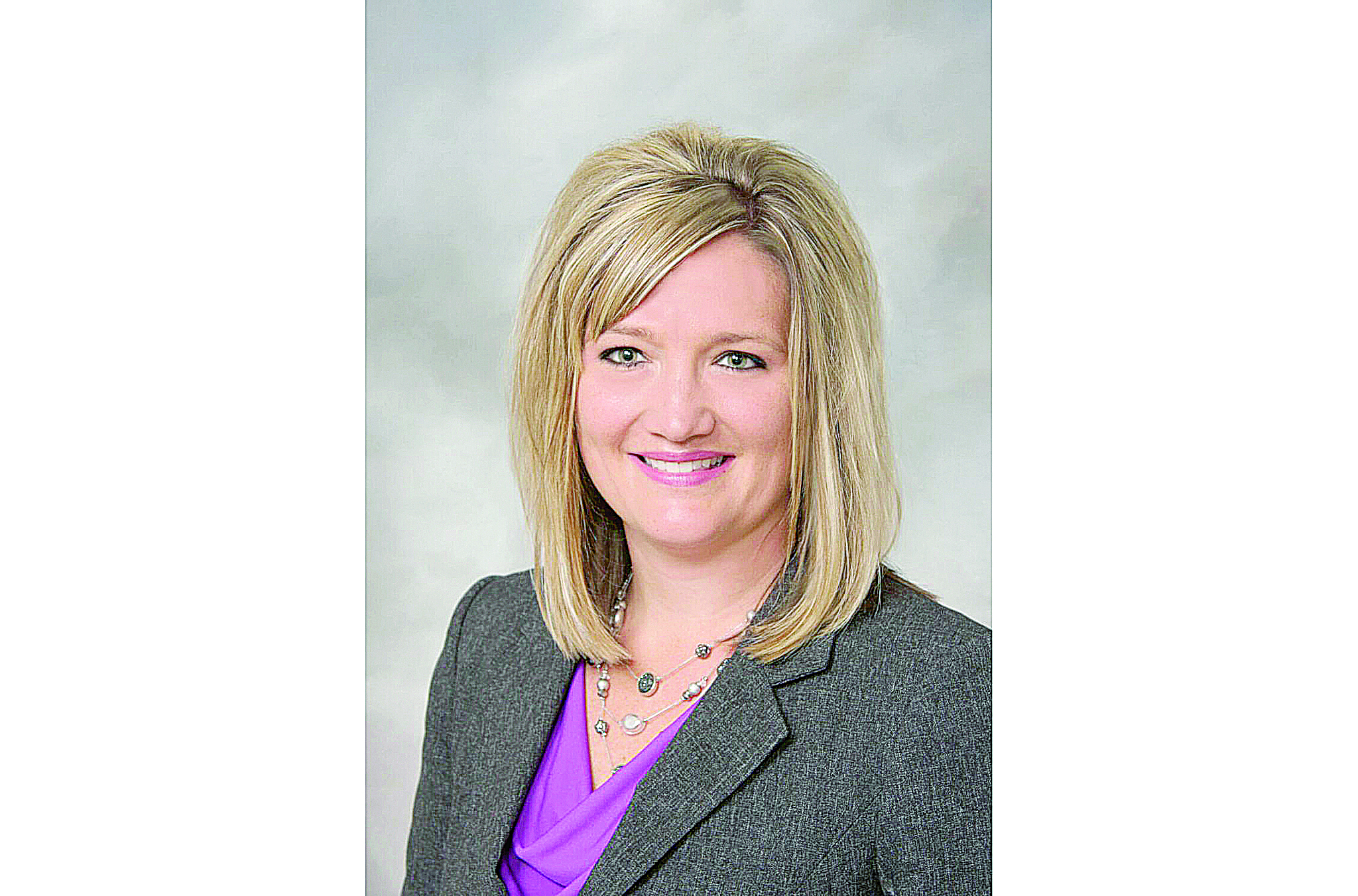Iowa is continuing to rebound from the 2020 pandemic, ranking No. 1 for opportunity and No. 12 overall in 2022 by The U.S. News and World Report, according to Michelle Hurd, president of the Iowa Grocery Industry Association.
During its March meeting, the Revenue Estimating Conference projected a 4.2 percent growth in Iowa for fiscal year 2022 over fiscal year 2021, Hurd said.
“The first estimate for FY23 is slightly lower, with a decrease of .2 percent. The legislature approved a FY23 budget of $8.209 billion,” she said.
During her Condition of the State address, Iowa Gov. Kim Reynolds introduced a broad agenda for the legislative session, including tax reform, Hurd said. House File 2317 was signed into law on March 1.
“The bill makes significant changes to Iowa’s tax laws by eliminating taxes on retirement income, creating an individual income 3.9 percent flat tax by 2026, and gradually lowering corporate income taxes to 5.5 percent,” Hurd said.
As the number of COVID cases continue to rise across the nation, Hurd said Iowa grocers are continuing to take necessary steps to try to prepare for “any potential uncertainties that may lie ahead.”
These challenges include attracting/developing/retaining a quality workforce and supply chain issues.
“Over the last two years, members have proven they are resilient and are managing through inflation, supply chain issues and workforce challenges,” she said.
Bill ‘result of years of cohesive work’
Hurd said the legislature passed and Reynolds has signed SF 2378, which modernizes Iowa’s bottle deposit law.
“The passage of this bill is the result of years of cohesive work,” she said. “Grocers, convenience stores, pop and beer distributors and redemption centers worked with lawmakers to ensure the continued viability of the program and provide needed relief for grocers and convenience stores from a government mandate.
“The Iowa Grocery Industry Association commends the governor for signing SF 2378 because it modernizes the system, removes container redemption from stores, utilizes funds already in the system and provides certainty and sustainability for redemption centers and distributors.”
The new bottle bill legislation triples the handling fee paid to redemption centers, codifies the convenience standard and allows for retailers to opt out under certain conditions (outlined below). It also establishes new civil penalties and enforcement authority and codifies unredeemed deposits as property of distributors.
“Together, these changes and more bring efficiency to a system that lawmakers, consumers and stakeholders have long agreed was in need of updating,” Hurd said.
Much of the law goes into effect on Jan. 1, 2023. However, the convenience standard kicked in immediately. That measure includes: 10 miles for counties with population greater than 30,000; and 15 miles for counties with population less than 30,000.
Any retailer with a redemption center that satisfies the convenience standard may opt out of redeeming containers, Hurd said.
Any retailer who refuses to accept container returns must conspicuously display a notice on the front door of the business that they do not accept containers and the location of the nearest approved redemption center.
For more information, visit iowagrocers.com.
For more market profiles from The Shelby Report, click here.

